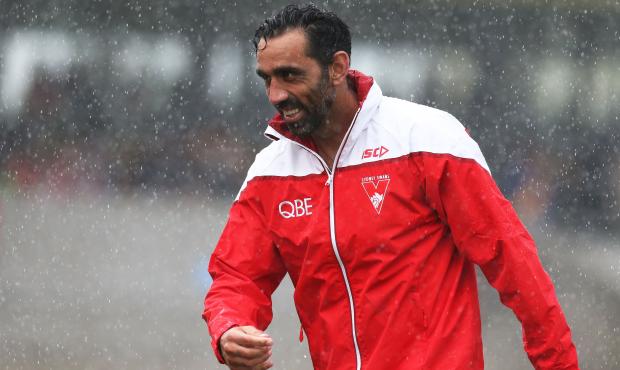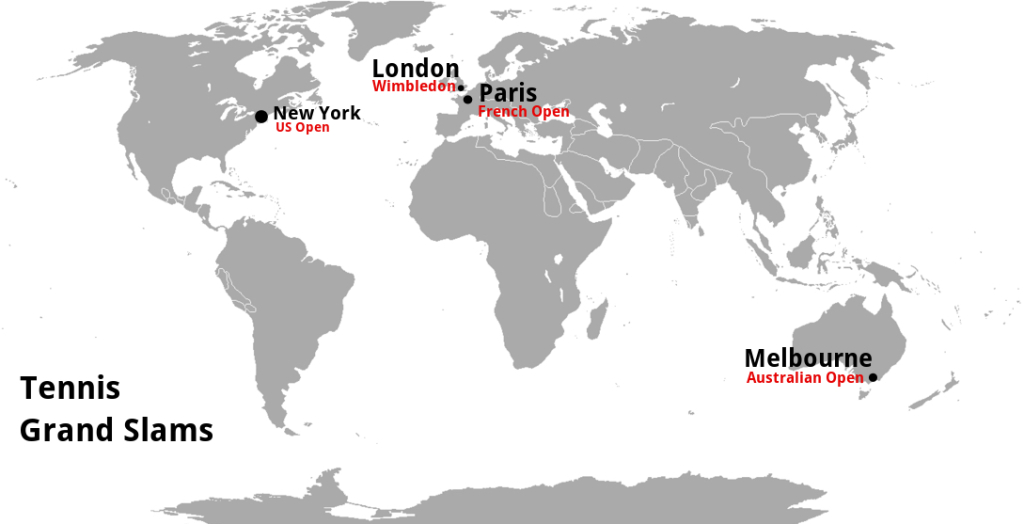Climate and season are an important aspect to be considered when planning training programs. Many sports have a season in which they are played. Football, for example, is played during the winter season in most locations, though in Australia our professional competition runs through the summer season. Cricket is another sport with such as season, running throughout summer.
However, there are a number of sports that do not have specific seasons, such as tennis and golf. These sports have various major competitions throughout the year, and do not focus on specific seasons.
As an initial planning consideration climate and season is important because it determines the type of environmental conditions in which the sport will be played. Cricket is often played in the heat of summer, while rugby is played during the colder months of winter. The climate and season then affect how to best prepare for the sport. A sport played in summer, should be prepared for by training in the heat with summer like conditions.
Furthermore, the various climates also need to be considered. Is the sport being played in Melbourne or Townsville? Each location has a different climate, and should be prepared for in a similar climate. Considerations concerning climate may also include the altitude the sport competition is played at, or which area of the world. Tennis competitions are held at various locations around the world, each requiring specific preparation according to the climate and season where the competition is held. There is a similar situation around athletics, world cups and olympic competitions.
Elite and recreational/amateur differences
The elite athlete will have to consider a wider range of climates and seasons in their planning. The elite athlete will have to travel around the country for their national competition and around the world for the international competitions. This travel moves them into different climates and seasons, depending on the location. For example, a professional football player, may have a regular competition in England, compete in the Europa cup, but then be required to travel to Asia or Australia for international competitions.
The recreational/amateur participant does not have the same issues. These athletes do not travel large distances and only have to consider the climate and season at the local level where they play. For example, the recreational netball player, will often train and play in the same locations every week throughout the season. The climate may change with the weather, but it will not have the same amount of variation as an elite player has to adapt to.


